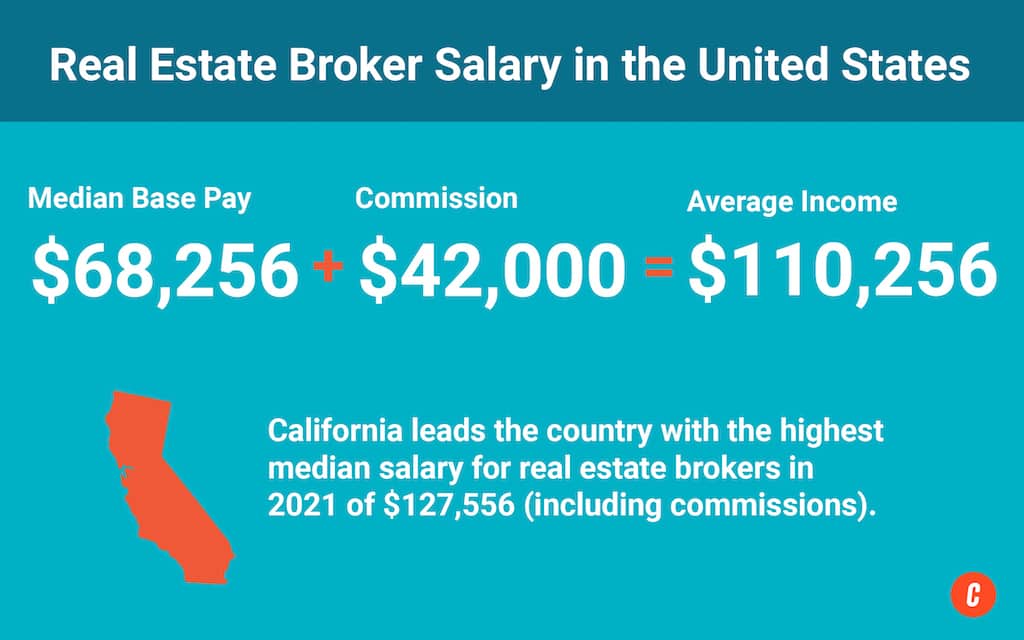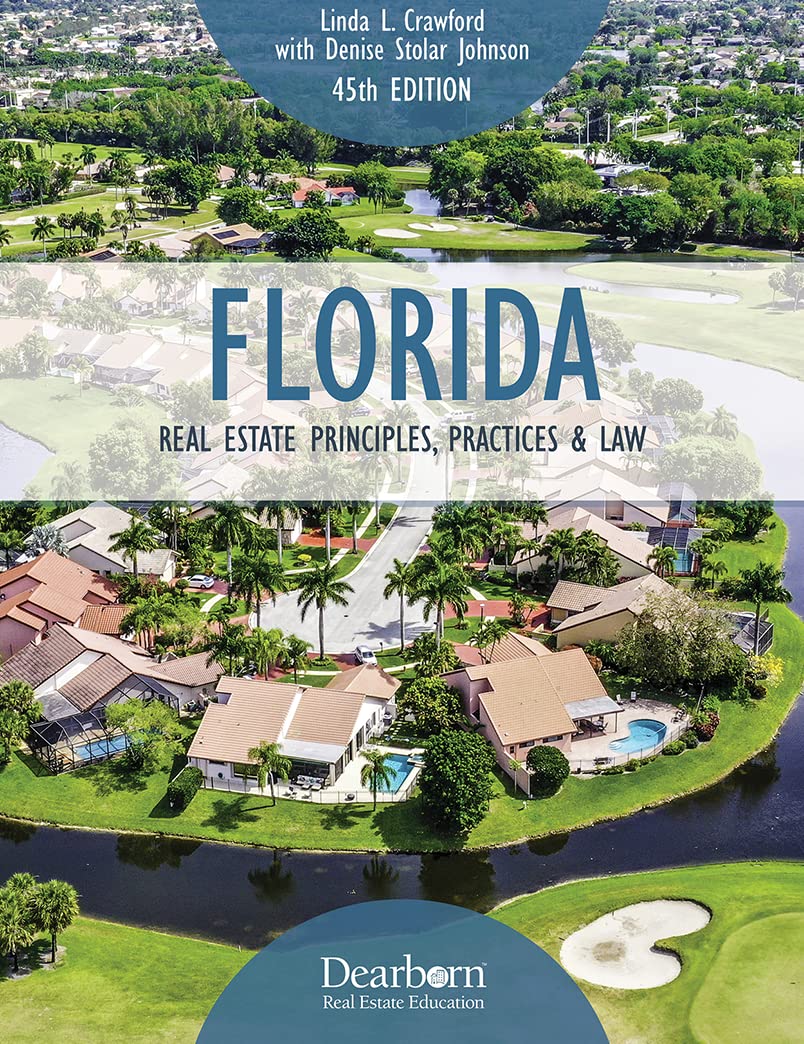
Procuring cause is a term that refers to the actions of real estate brokers and agents that led to a home sale. The selling commission is usually paid to the broker or agent who procured cause.
Procuring Cause in Real Estate
Procuring cause problems can arise when a buyer works alongside multiple brokers and real estate agents during the home purchase process. This is particularly common with buyer-broker exclusive representation agreements, which could result in a dispute regarding procuring cause.
A Procuring Cause Definition
The NAR Arbitration Guidelines state that a procuring cause must be based upon a continuous chain of events that leads directly to a successful transaction. Simply showing a property to a buyer is insufficient.
A hearing panel usually resolves a procurement dispute. They review the facts surrounding the real estate transaction to determine if the broker/agent was the procuring agent.

The panel will consider the nature of the transaction, the relationships between the parties, the initial contact made with the client, the conduct and professionalism of the broker/agent, as well as the continuation and breakups in the relationship between buyer and seller.
What is a Procuring Agency?
Procuring agency refers to the relationship between an agent and their client. This relationship is one that is based upon trust and mutually beneficial exchanges of services.
This type can be formed by any type communication that is exchanged between the parties during a real estate transaction.
If the relationship was built on trust, it's considered good faith for compensation under The Procuring Cause Doctrine.
A legal theory called the procuring cause doctrine permits a real estate agent or broker to pursue damages for a breach in contract with the seller if the sale/lease does not close in its entirety. Dependent on the facts, damages could include a commission and interest.

What is the Difference Between a Procuring Cause and Representation?
There are many differences between a procuring cause and a representation. A procuring cause ploy is often used by real estate agents to get a client to sign a buyer-broker exclusive representation contract with them.
They may not be entitled to a commission for any sale later, but that does not mean they are ineligible. Buyers may also change brokers during a transaction.
The procuring cause standard can be a complicated legal theory and could result in substantial financial losses for agents.
Although procuring cause doctrines can be complicated to apply, they are an important part the law of real property. It is a basic principle brokers should follow in order to avoid costly litigation with their clients regarding the payment or commission.
FAQ
What are the benefits of a fixed-rate mortgage?
A fixed-rate mortgage locks in your interest rate for the term of the loan. This will ensure that there are no rising interest rates. Fixed-rate loans come with lower payments as they are locked in for a specified term.
How do I calculate my rate of interest?
Market conditions influence the market and interest rates can change daily. In the last week, the average interest rate was 4.39%. To calculate your interest rate, multiply the number of years you will be financing by the interest rate. If you finance $200,000 for 20 years at 5% annually, your interest rate would be 0.05 x 20 1.1%. This equals ten basis point.
What are the cons of a fixed-rate mortgage
Fixed-rate loans have higher initial fees than adjustable-rate ones. If you decide to sell your house before the term ends, the difference between the sale price of your home and the outstanding balance could result in a significant loss.
Statistics
- This means that all of your housing-related expenses each month do not exceed 43% of your monthly income. (fortunebuilders.com)
- It's possible to get approved for an FHA loan with a credit score as low as 580 and a down payment of 3.5% or a credit score as low as 500 and a 10% down payment.5 Specialty mortgage loans are loans that don't fit into the conventional or FHA loan categories. (investopedia.com)
- This seems to be a more popular trend as the U.S. Census Bureau reports the homeownership rate was around 65% last year. (fortunebuilders.com)
- Based on your credit scores and other financial details, your lender offers you a 3.5% interest rate on loan. (investopedia.com)
- The FHA sets its desirable debt-to-income ratio at 43%. (fortunebuilders.com)
External Links
How To
How to Buy a Mobile Home
Mobile homes are houses that are built on wheels and tow behind one or more vehicles. They have been popular since World War II, when they were used by soldiers who had lost their homes during the war. Mobile homes are still popular among those who wish to live in a rural area. These houses come in many sizes and styles. Some houses are small while others can hold multiple families. There are even some tiny ones designed just for pets!
There are two main types mobile homes. The first is made in factories, where workers build them one by one. This is done before the product is delivered to the customer. You could also make your own mobile home. First, you'll need to determine the size you would like and whether it should have electricity, plumbing or a stove. You will need to make sure you have the right materials for building the house. You will need permits to build your home.
You should consider these three points when you are looking for a mobile residence. You may prefer a larger floor space as you won't always have access garage. You might also consider a larger living space if your intention is to move right away. Third, you'll probably want to check the condition of the trailer itself. Problems later could arise if any part of your frame is damaged.
You should determine how much money you are willing to spend before you buy a mobile home. It is important that you compare the prices between different manufacturers and models. Also, take a look at the condition and age of the trailers. Many dealers offer financing options. However, interest rates vary greatly depending upon the lender.
It is possible to rent a mobile house instead of buying one. Renting allows the freedom to test drive one model before you commit. Renting isn’t cheap. Renters typically pay $300 per month.